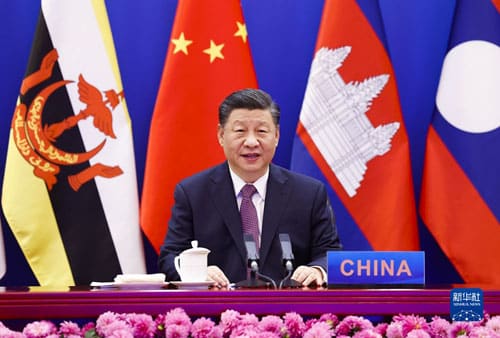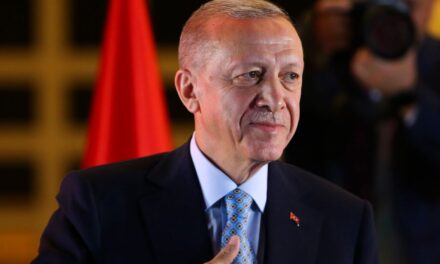In a significant shift in its foreign policy, China has announced a new strategy that emphasizes greater global cooperation and a stronger commitment to multilateral institutions. This move marks a departure from the country’s traditionally more insular approach to international relations and could have far-reaching implications for the global political landscape.
The announcement was made by the Chinese Foreign Minister, Wang Yi, who outlined the key tenets of this new policy. According to Wang, China will seek to foster “a new type of international relations” characterized by mutual respect, fairness, justice, and win-win cooperation. This approach signals China’s intention to play a more active role in global governance and to contribute more to the world.
A key aspect of this new strategy is a stronger commitment to multilateral institutions. China has long been a member of various international organizations, including the United Nations, the World Trade Organization, and the World Health Organization. However, its engagement with these institutions has often been criticized as being driven more by self-interest than by a genuine commitment to multilateralism. This new policy suggests a shift in this stance, with China expressing a desire to uphold the international order and to promote global peace and development.
Another significant element of this new policy is a greater emphasis on global cooperation. This is particularly relevant in the context of the ongoing COVID-19 pandemic, which has underscored the importance of international collaboration in addressing global challenges. China has pledged to work with other countries to promote global public health and to contribute to the global economic recovery.
This new foreign policy strategy also reflects China’s growing confidence on the world stage. As the country’s economic and technological prowess continues to grow, so too does its ambition to shape global norms and institutions. This shift in policy could be seen as a reflection of China’s desire to assert itself as a global leader and to play a more influential role in international affairs.
However, this new strategy is not without its challenges. China’s increasing assertiveness, particularly in relation to issues such as the South China Sea and Taiwan, has raised concerns among some countries. It remains to be seen how China will balance its desire for greater global cooperation with its national interests.
In conclusion, China’s new foreign policy strategy represents a significant shift in its approach to international relations. It signals a desire for greater global cooperation and a stronger commitment to multilateral institutions. As this new strategy unfolds, it will be crucial to watch how it shapes China’s role on the global stage and the broader dynamics of international politics.
Sources:





